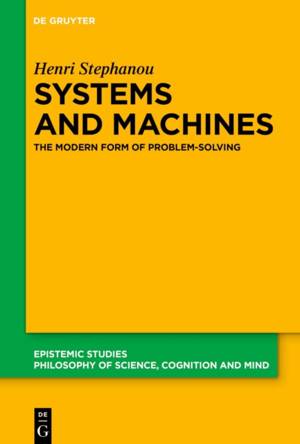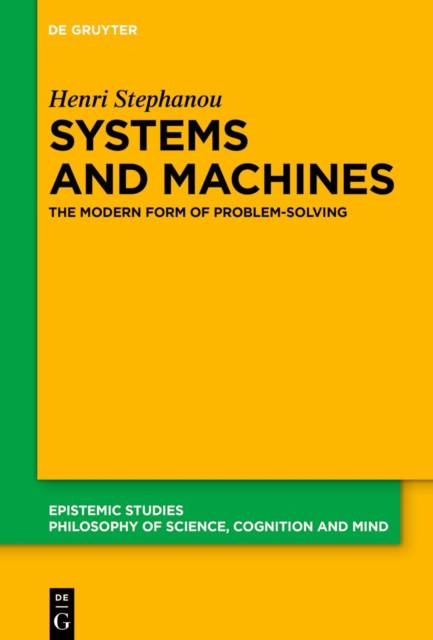
- Afhalen na 1 uur in een winkel met voorraad
- Gratis thuislevering in België vanaf € 30
- Ruim aanbod met 7 miljoen producten
- Afhalen na 1 uur in een winkel met voorraad
- Gratis thuislevering in België vanaf € 30
- Ruim aanbod met 7 miljoen producten
Omschrijving
The notion of problem solving has become central to science education and the cognitive sciences, but it is still peripheral to many philosophies of knowledge and science. In fact, the term only became popular in the course of the twentieth century, as humanity's ability to solve theoretical and practical problems grew at a seemingly exponential rate. This book questions both the nature of problem solving and its effectiveness in transforming our human practices. We argue that this is linked to the idea that some of our enquiries can be summarized in systematic procedures. Examples are the proof of a theorem within an axiomatic theory, a production line within an industrial factory, or an administrative procedure within a bureaucratic system. Although such a form has been common in mathematics since antiquity, it was only in modern times that the possibility of being systematic in the natural sciences and technical disciplines was discovered. The emergence of the modern concepts of system and machine was key to this expansion and to the scientific, industrial and digital revolutions. Problem solving thus appears as the fundamental form of the modern concept of knowledge.
Specificaties
Betrokkenen
- Auteur(s):
- Uitgeverij:
Inhoud
- Aantal bladzijden:
- 386
- Taal:
- Engels
- Reeks:
- Reeksnummer:
- nr. 55
Eigenschappen
- Productcode (EAN):
- 9783111492575
- Verschijningsdatum:
- 6/11/2025
- Uitvoering:
- Hardcover
- Formaat:
- Genaaid
- Afmetingen:
- 156 mm x 234 mm
- Gewicht:
- 716 g

Alleen bij Standaard Boekhandel
Beoordelingen
We publiceren alleen reviews die voldoen aan de voorwaarden voor reviews. Bekijk onze voorwaarden voor reviews.








